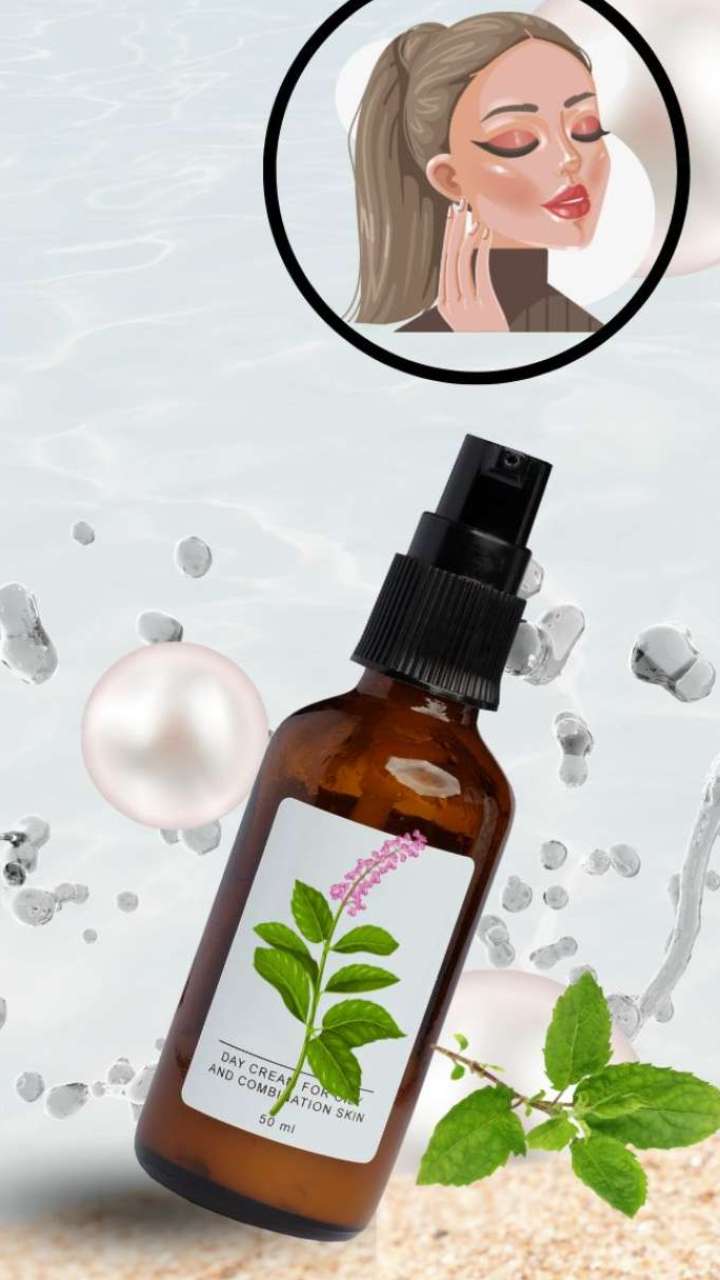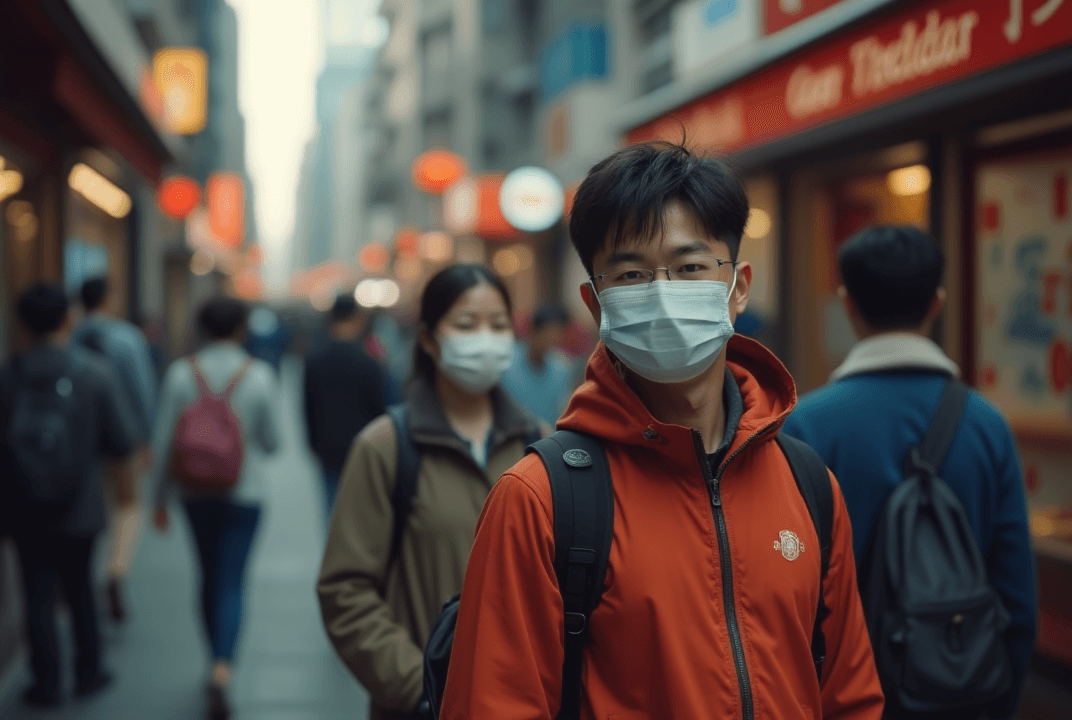Monsoon Season Health & Wellness Tips for India

The monsoon season, while bringing relief from the heat, also presents a unique set of health challenges, ranging from skin issues exacerbated by humidity to increased susceptibility to various infections. Addressing these concerns proactively is essential for maintaining overall well-being. This comprehensive guide synthesizes vital information on skincare, children’s immunity, and the prevention of serious viral infections like Hepatitis B during this period.
For those struggling with oily skin during the changing season, a homemade tulsi toner offers a natural and effective solution. Tulsi, known for its rich antibacterial properties, helps to soothe skin inflammation, prevent acne breakouts, and keep the skin hydrated while maintaining its pH balance and closing open pores. To prepare this toner, you will need a handful of fresh tulsi leaves, half a cup of filtered water, one tablespoon of rose water, and one tablespoon of aloe vera gel. Begin by boiling the tulsi leaves in a cup of water for 10 minutes. Allow the mixture to cool to room temperature, then strain it using a sieve. In a clean glass bowl, combine the strained tulsi water with aloe vera gel and rose water, mixing thoroughly. Transfer the finished toner to a clean spray bottle and refrigerate it for storage, where it can last for up to one month. Apply the toner twice a day either directly to your face using the spray bottle or with a cotton pad to ensure consistent hydration. As with any new skincare product, it is always advisable to perform a patch test before full application.
Children, particularly infants and toddlers whose immune systems are still developing, are especially vulnerable to infections during monsoon. The fluctuating humidity and temperatures, along with water accumulations, create ideal breeding grounds for bacteria, fungi, and viruses, thereby elevating infection risks. To bolster a child’s immunity, a healthy diet, extra precautions, and immunity-boosting foods are paramount. Essential nutrients include Vitamins C (found in citrus fruits), A (in yellow fruits), and E (abundant in seeds and nuts). Micronutrients like zinc (from nuts, legumes, lean meats), calcium (in milk), iodine, and iron (in apples, pomegranates, jaggery) are crucial for fighting bacterial infections. Incorporating probiotics and prebiotics, present in foods like yogurt, garlic, onions, and whole grains, is vital for maintaining gut-immune health. A protein-rich diet is also necessary for overall protection and recovery from flu-like symptoms. Specific immunity-boosting foods recommended for children during monsoon include citrus fruits (oranges, sweet lime, lemon) for Vitamin C and antioxidants, yogurt for gut health, almonds or mixed nuts (cashews, macadamia, pistachios, walnuts) for Vitamin E, zinc, and healthy fats, green leafy vegetables (spinach, broccoli, lettuce, kale) for vitamins A, C, E, fiber, and carotenoids, and turmeric, ideally mixed with milk.
Beyond diet, maintaining proper hygiene and lifestyle habits are critical for children. Simple remedies suggested by experts include ensuring ample water intake, encouraging physical activity, establishing a proper sleep routine, practicing frequent hand hygiene (especially before meals), opting for full clothing to prevent insect and mosquito bites, and ensuring timely vaccinations. Food hygiene tips for infection prevention during monsoon involve always cooking fresh meals, avoiding street food due to increased contamination risks, consuming boiled or filtered drinking water, and avoiding raw salads or unwashed fruits. Thoroughly washing all fruits and vegetables, serving lukewarm and easy-to-digest meals like khichdi, soups, and boiled vegetables, and maintaining proper kitchen hygiene are equally important. This includes cleaning surfaces, properly disposing of waste, eliminating stagnant water, and regularly trimming children’s nails.
Furthermore, the onset of monsoon has coincided with an increased scope of the spread of Hepatitis B virus (HBV) in India. Hepatitis B is a serious viral infection of the liver, primarily transmitted from mother to child during pregnancy or delivery, or through contact with infected blood or other body fluids during sexual activity. Globally, an estimated 25.4 crore people live with chronic Hepatitis B infection, with 10.2 lakh new infections annually. While many infected individuals may experience no symptoms initially, later signs can include fever, abdominal pain, nausea, vomiting, fatigue, and jaundice. Fortunately, Hepatitis B is preventable through vaccination, which works by prompting the body to create active immunity against the virus’s outer protein layer, offering protection against all types (A to H). Over a billion doses of Hepatitis B vaccines have been administered worldwide since 1982, demonstrating its effectiveness. While vaccine protection was once thought to last around 8 years, recent studies suggest it can last for about 25 years for compliant individuals, though vulnerable categories (e.g., those over 40, obese, with cardiovascular problems, smokers, alcohol misusers, or pre-existing liver conditions) may have reduced protection. Other crucial preventive measures include practicing safe sex using condoms, avoiding the sharing of personal items like needles, razors, or toothbrushes that may come into contact with blood, and maintaining general hygiene and safety. This involves carefully cleaning blood spills with diluted bleach solutions and covering cuts or open sores, especially in healthcare settings.
In conclusion, while it may be impossible to entirely avoid the health challenges presented by the monsoon season, proactive measures can significantly mitigate risks. By prioritizing skin health with natural remedies, boosting children’s immunity through balanced nutrition and diligent hygiene, and taking preventive steps against serious viral infections like Hepatitis B, individuals and families can navigate the rainy season safely and maintain a higher standard of health.









